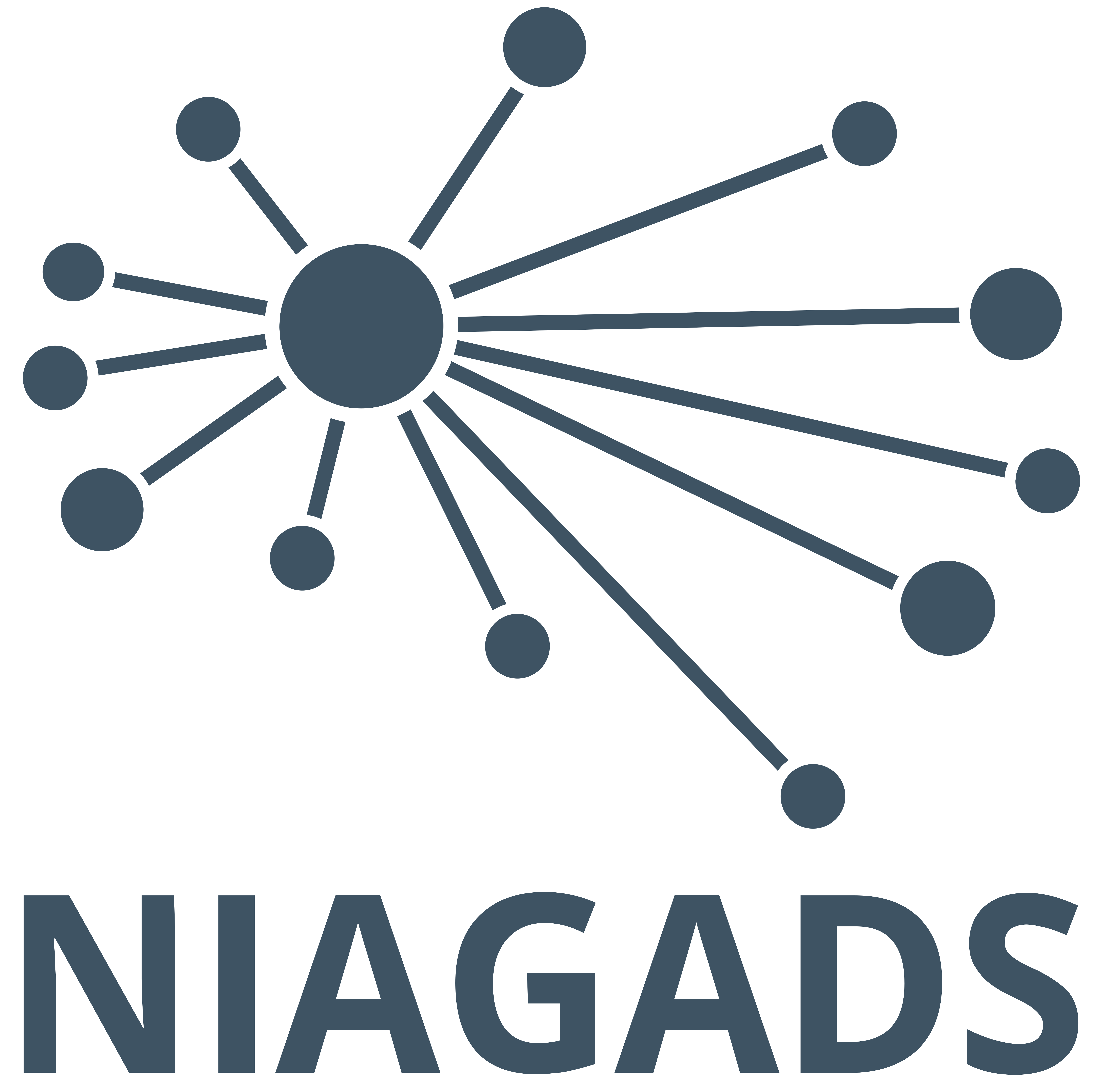NADAC/DUC SOP
NIAGADS Data Use Committee
The NIAGADS Data Use Committee (DUC) is independently organized by NIA to provide a fair and transparent process for reviewing applications for NIAGADS restricted data. The DUC consists of a Chairperson and panel members who have expertise in the basic science and clinical aspects of one or more neurological diseases. If a DUC member submits an application for data or has a conflict of interest with a pending application, the member will recuse him/herself from the vote. The DUC evaluates all requests for data housed in the NIAGADS DSS to ensure that requests have adequate plans to return derived/secondary data to NIAGADS DSS.
NIAGADS ADRD Data Access Committee
The NIAGADS ADRD Data Access Committee (NADAC) is made up of NIH senior staff members with appropriate scientific, bioethics, and human subjects research expertise from the NINDS and NIA, and one or more ad-hoc non-voting members from UPenn staff. NADAC has a Chair.
Decisions on data access will be made based on whether the request conforms to the specifications within the NIH Genomic Data Sharing (GDS) Policy and program-specific requirements or procedures (if any). All data uses proposed for NIH GDS datasets must be consistent with the Data Use Limitations (DULs) prescribed for the dataset by the submitting institution and identified on the public DSS website.
An inconsistency between the proposed research and the applicable data use limitations, or insufficient detail to make this determination, is the most common reason for data requests to be rejected.
NADAC and DUC Panel Members Voting Information
YES: If >50% of the DUC members vote “yes”, then the application is approved. The administrative staff will notify the applicant and NIAGADS technical staff will grant access to the data as quickly as possible.
TIE: If there is a tie vote, the NIA Program Officer will weigh in on the decision-making process.
NO: If <50% of the DUC members vote “no”, then the application will be returned to the applicant for revision. In the case of a “no” vote, the panel will provide the reason(s) in writing. A “no” vote may be given if:
Information provided is scientifically incomplete
The NIAGADS administrative staff or the DUC determines the applicant is not a qualified investigator
The research plan is weak or inappropriate
The data request is not feasible
The application lacks NIH GDS Policy or compliant IRB approval
The PI does not agree to abide by the NIAGADS Data Use Certification
The PI does not agree to the NIA Alzheimer’s Genomics Sharing Policy
The panel requires additional information
